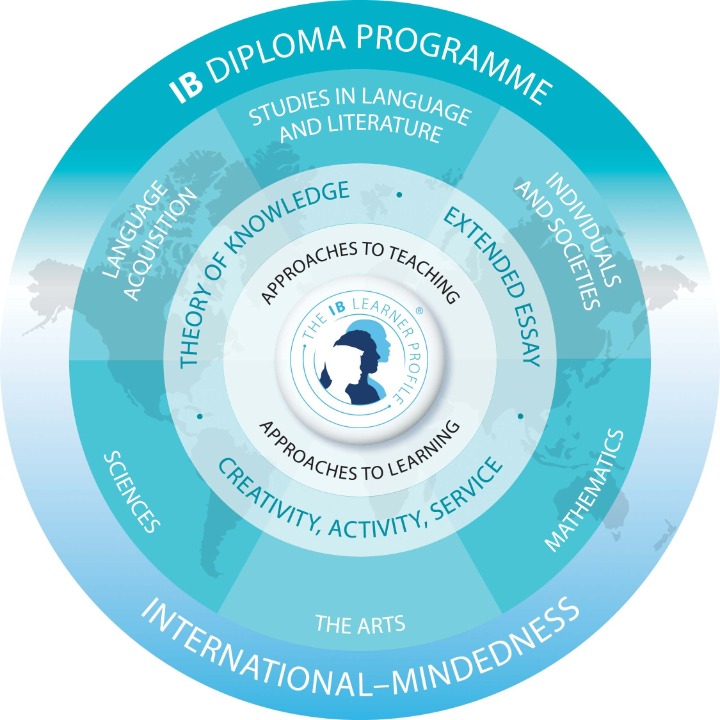
A huge welcome again. My name is Neil Allen. I've been teaching this fantastic subject since 2000, delivering the IB Diploma to students in five countries across three continents since 2006, and training teachers in the delivery of the Language & Literature courses since 2012. Having been a many-time Head of English, I'm currently the Secondary School Principal at Leipzig International School in Germany.
The IB Diploma is, quite simply, the best pre-university qualification in the world. Former IB students always talk about how much better they are prepared for higher education than their compatriots from other programmes. It blends higher-order critical thinking skills, with significant knowledge of content requirements, application of conceptual understanding in order to create new knowledge, as well as some rigorous yet fair assessment.
Here are testimonials from admissions officers that reiterate my words:
“IB is well known to us for excellent preparation. Success in an IB programme correlates well with success at Harvard. We are always pleased to see the credentials of the IB Diploma Programme on the transcript. GPA is not nearly as important a factor in university admission as the IB Diploma. If a student has to choose, choose the Diploma over protecting the GPA.”
Marilyn McGrath-Lewis, Director of Admissions, Harvard University
“I don’t think there is anyone who does not respect the I.B.”
Panetha Ott, Admissions Officer, Brown University
So, why is it so good?
The IB Diploma Programme (IBDP) puts at its centre the students - the Learner Profile and its ten characteristics of an effective and valuable IB learner are key to this. Why not try to put them in a pyramid of importance and compareyour pyramid to that of your classmates:
Surrounding the student is the Approaches to Teaching & Learning. These are key methods through which students should be taught to be successful (through inquiry, using formative assessment methods to provide feedback for growth, for example). These include key skills that you, as students, need to develop to be successful lifelong learners, such as communications skills, social skills, and self-management skills.
Crucially, though, the IB CORE is the part that really prepares an IBDP student for higher education and life. You will learn about the Theory of Knowledge - how do you know what you know, and how do you know it's true? - and fulfil your CAS (Creativity, Activity and Service). This programme ensures that you develop a balanced lifestyle, full of physical activity and creative pursuits, but also recognises our relative privilege and aims to put something back to communities in need through service learning.
The Extended Essay is probably the most important component that sets the IBDP apart from equivalent programmes. It is a university-style research paper of 4000 words. Contrary to popular mythology, it is not overly long or absurdly stressful, though it requires organisation and systematic work. Deadlines and reflections are keys to success. You can see more of what this looks like in this subject in Extended Essay.
The way the IBDP fits together can be seen below:

How much of About the Author, this Site & the IB Diploma have you understood?


 Twitter
Twitter  Facebook
Facebook  LinkedIn
LinkedIn